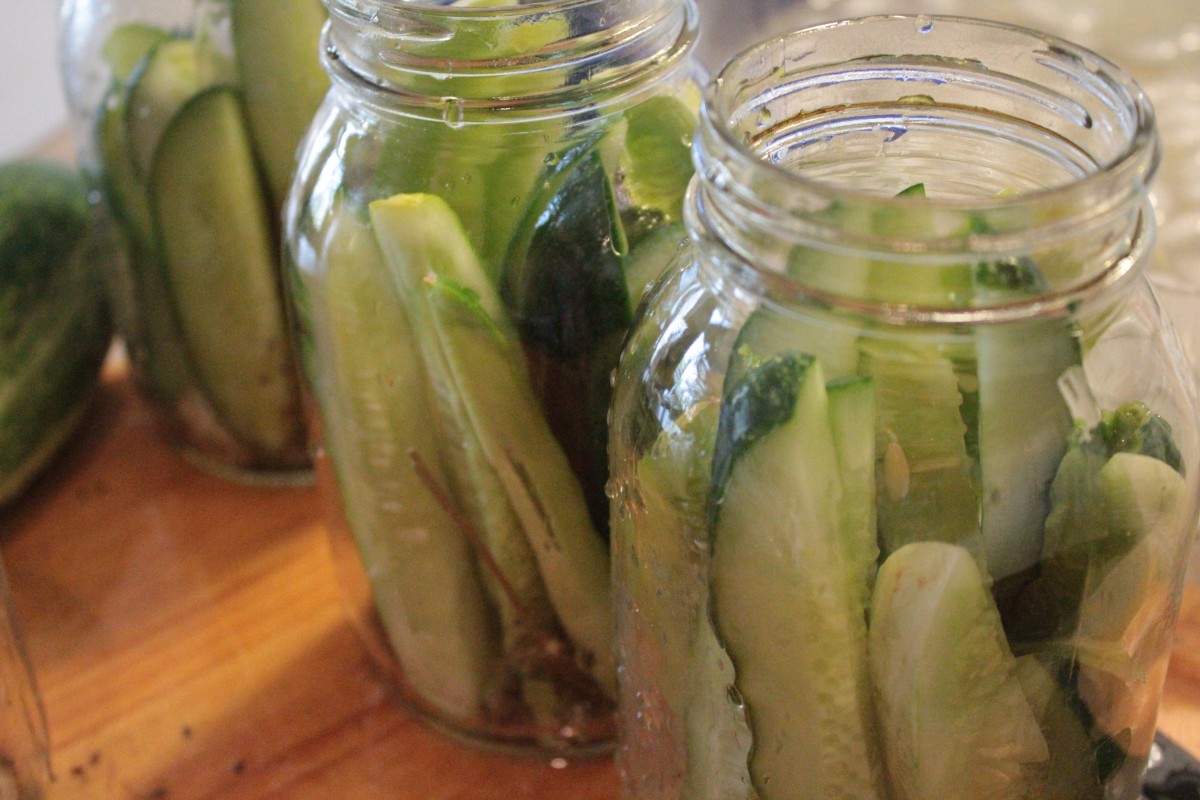Winning the Battle against Fleas and Ticks on Your Corgi

Is your Corgi's fur becoming a battleground for fleas and ticks? Don't let these pesky critters conquer your furry friend's health and happiness. In this guide, we'll arm you with the knowledge and strategies to wage war and come out victorious.
From understanding the life cycle of fleas and ticks to identifying signs of infestation, we'll help you stay one step ahead. Discover preventive measures and the right products to keep these bloodsuckers at bay, while also exploring effective home remedies for treatment.
Regular grooming practices will be your secret weapon in the fight against fleas and ticks. And for those severe infestations, we'll show you how to call in the professionals.
Get ready to reclaim your Corgi's kingdom from these tiny invaders.
Understanding the Flea and Tick Life Cycle
To effectively combat fleas and ticks on your Corgi, it's crucial that you understand their life cycle. By knowing how these pesky creatures develop and reproduce, you can take preventive measures to keep them at bay.
Fleas go through four stages: egg, larva, pupa, and adult. It's important to note that only 5% of the flea population resides on your pet, while the remaining 95% exists in your home and yard. This means that treating your Corgi alone won't solve the problem.
To prevent fleas, consider using flea prevention methods such as regular grooming, vacuuming, and washing your pet's bedding.
For ticks, you can use natural tick repellents like essential oils, which are safe for your Corgi and effective at keeping these blood-sucking pests away.
Stay proactive by understanding the flea and tick life cycle and implementing appropriate prevention methods.
Identifying Common Signs of Flea and Tick Infestation
When it comes to identifying flea and tick infestations on your corgi, there are a few common signs to look out for.
First, visible bite marks on your dog's skin can be a clear indication that fleas or ticks are present.
Additionally, if you notice your corgi excessively scratching, biting, or licking certain areas of their body, it could be a sign of an infestation.
Keeping an eye out for these signs will help you take action promptly and protect your furry friend from these pesky parasites.
Visible Bite Marks
You may notice several visible bite marks on your corgi if they're infested with fleas and ticks. These bite marks can vary in appearance, but they're typically small, red, and slightly raised. It's important to keep an eye out for these signs, as they can indicate the presence of these pesky parasites.
Here are some common signs of flea and tick infestation to look for:
- Red, itchy bumps on your corgi's skin
- Small black or brown spots on their fur (flea dirt)
- Excessive scratching, licking, or biting
- Hair loss or thinning in certain areas
- Allergic reactions such as rashes or hives
If you notice any of these signs, it's crucial to take immediate action to protect your corgi from further discomfort and potential health issues.
Excessive Scratching Behavior
If your corgi is constantly scratching themselves, it's a clear indication of a possible flea and tick infestation. These pesky parasites can cause your furry friend a lot of discomfort, leading to excessive scratching as they try to relieve the itchiness. It's important to pay close attention to your corgi's scratching behavior and look out for any other signs of infestation.
Keep an eye out for redness and inflammation, as well as any visible bite marks on their skin. Additionally, watch for any behavioral changes such as restlessness or irritability. If you notice any of these signs, it's crucial to take immediate action to provide your corgi with relief.
Consult with your veterinarian for appropriate itching relief and to discuss preventive measures to keep your corgi safe from fleas and ticks.
Preventive Measures for Flea and Tick Control
To effectively combat fleas and ticks on your Corgi, it's essential to implement preventive measures using a combination of topical treatments and oral medications. Here are some key steps you can take to keep your furry friend safe from these pests:
- Use flea and tick preventive products recommended by your veterinarian. These are specifically designed to combat these parasites and are safe for your Corgi.
- Regularly inspect your Corgi's coat for any signs of fleas or ticks. Comb through their fur using a fine-toothed comb to catch any hitchhikers.
- Keep your Corgi's living environment clean and tidy. Vacuum regularly, wash their bedding in hot water, and clean any areas where they spend time.
- Avoid walking your Corgi in areas with high flea and tick populations, such as tall grass or wooded areas.
- Consider natural alternatives and DIY prevention methods, such as essential oils or homemade sprays. However, always consult with your veterinarian before trying any new remedies.
Choosing the Right Flea and Tick Prevention Products
Now that you're ready to tackle the issue of fleas and ticks on your corgi, it's important to choose the right prevention products.
First, consider the effectiveness ratings of different products. Look for ones that have been proven to work well in controlling both fleas and ticks.
Next, think about the application method and frequency that will work best for you and your furry friend.
Lastly, be aware of potential side effects, as some products may cause skin irritation or other adverse reactions.
Product Effectiveness Ratings
Choose the most effective flea and tick prevention products for your Corgi by considering their ratings. When it comes to protecting your furry friend from these pesky parasites, it's essential to choose products that have proven effectiveness.
Here are some important factors to consider when evaluating the effectiveness of flea and tick prevention products:
- Efficacy: Look for products that have high ratings for effectively killing and repelling fleas and ticks.
- Safety: Ensure that the products have been tested for safety and are approved by reputable organizations.
- Duration of Protection: Consider the length of time the product provides protection against fleas and ticks.
- Ease of Use: Opt for products that are easy to apply or administer to your Corgi.
- Reviews and Recommendations: Read customer reviews and seek recommendations from trusted sources to gauge the product's effectiveness.
Application Methods and Frequency
Consider the different application methods and recommended frequency for flea and tick prevention products to effectively protect your Corgi.
When it comes to application techniques, you have a few options. Many products come in the form of spot-on treatments that are applied directly to your dog's skin. These are convenient and effective, as they spread throughout your Corgi's body to kill and repel fleas and ticks.
Other options include flea and tick collars, sprays, and shampoos. Make sure to follow the instructions provided by the product manufacturer for the best results.
As for frequency, it's important to reapply the product regularly to maintain its effectiveness. This can vary depending on the product, so be sure to read the label carefully.
If you prefer natural remedies, there are also options available, such as essential oils and herbal sprays. However, it's important to do your research and consult with your veterinarian to ensure the safety and effectiveness of these alternatives.
With the right application methods and frequency, you can keep your Corgi safe from fleas and ticks.
Potential Side Effects
To ensure the safety and well-being of your Corgi, it's essential to be aware of the potential side effects associated with different flea and tick prevention products. While these products are designed to protect your furry friend from pesky parasites, it's important to choose the right one to minimize any potential risks.
Here are some key points to consider:
- Long term consequences: Some flea and tick prevention products may have long term effects on your Corgi's health. It's important to research and choose products that have been proven to be safe for long-term use.
- Allergic reactions: Just like humans, dogs can have allergic reactions to certain substances. Pay attention to any signs of itching, redness, or swelling after applying a flea and tick prevention product. If you notice any adverse reactions, consult your veterinarian immediately.
- Consult your veterinarian: Your veterinarian is the best person to guide you in choosing the right flea and tick prevention product for your Corgi. They can consider your dog's specific needs and recommend the most suitable option.
- Read product labels: Always read the labels carefully before using any flea and tick prevention products. Look for any warnings or precautions, and follow the instructions on how to apply the product correctly.
- Monitor your Corgi: After applying a flea and tick prevention product, keep a close eye on your Corgi for any changes in behavior or health. If you notice anything unusual, contact your veterinarian right away.
Effective Home Remedies for Flea and Tick Treatment
You can effectively treat fleas and ticks on your Corgi at home using simple remedies.
When it comes to protecting your furry friend, natural alternatives and DIY solutions can be a safe and effective way to combat these pesky parasites.
One popular natural alternative is using essential oils. Diluting a few drops of lavender, cedarwood, or rosemary oil in water and spraying it on your Corgi's fur can help repel fleas and ticks.
Another DIY solution is creating a homemade flea and tick spray using apple cider vinegar and water. Simply mix equal parts of vinegar and water in a spray bottle and apply it to your Corgi's coat.
Remember to always consult with your veterinarian before using any home remedies to ensure they're safe for your Corgi.
Regular Grooming Practices to Keep Fleas and Ticks at Bay
To keep fleas and ticks at bay, make grooming your Corgi a regular part of your routine. Not only will it keep your furry friend clean and happy, but it will also help prevent infestations. Here are some simple grooming practices to incorporate into your routine:
- Brush your Corgi regularly: This helps remove any fleas or ticks hiding in their coat.
- Use natural alternatives: Consider using natural flea and tick repellents, such as essential oils or herbal sprays, to keep those pesky pests away.
Check for fleas and ticks: Regularly inspect your Corgi's skin, especially in warm and moist areas, for any signs of infestation.
- Bathe with flea and tick shampoos: Use specially formulated shampoos that effectively kill fleas and ticks without harming your Corgi.
- Keep your surroundings clean: Vacuum your home regularly and wash your Corgi's bedding to eliminate any stray fleas or ticks.
Seeking Professional Help for Severe Infestations
For severe infestations, it may be necessary to seek professional help in effectively eliminating fleas and ticks from your Corgi. While home remedies and over-the-counter treatments can be effective for mild infestations, they may not be as effective for more severe cases. Professional treatment offers a higher level of expertise and specialized products that can safely and efficiently eliminate fleas and ticks from your Corgi's coat and environment.
When you notice a severe infestation on your Corgi, it's important to act quickly. Contact a professional veterinarian or an experienced pet groomer who specializes in flea and tick control. They'll be able to assess the severity of the infestation and provide the appropriate treatment for your Corgi.
Professional treatment often involves a combination of topical treatments, oral medications, and environmental control measures. These measures are designed to not only kill adult fleas and ticks but also to eliminate their eggs and larvae, preventing future infestations.
Frequently Asked Questions
Can Fleas and Ticks Infest My Corgi's Bedding and Other Areas of My Home?
Yes, fleas and ticks can infest your Corgi's bedding and other areas of your home. These pests are sneaky and can hide anywhere. It's important to take preventative measures to keep your Corgi and your home safe from infestations.
How Often Should I Bathe My Corgi to Prevent Fleas and Ticks?
To prevent fleas and ticks, you should bathe your corgi regularly. The frequency depends on their lifestyle and exposure to these pests. Talk to your vet for the best flea and tick prevention plan for your furry friend.
Are There Any Natural Alternatives to Chemical Flea and Tick Prevention Products?
Looking for natural alternatives to chemical flea and tick prevention products? Good news! There are homemade remedies you can try. Keep reading to discover safe and effective ways to protect your Corgi.
Can I Use Essential Oils to Repel Fleas and Ticks on My Corgi?
Yes, you can use essential oils to repel fleas and ticks on your corgi. However, it's important to be aware of the pros and cons. Essential oils can be effective, but some may be toxic to dogs, so do your research and consult with a vet.
What Are the Potential Health Risks Associated With Fleas and Ticks for My Corgi?
Fleas and ticks can pose potential health risks to your corgi, including skin irritation, allergic reactions, and the transmission of diseases. Luckily, there are prevention methods available to keep your furry friend safe and itch-free.











